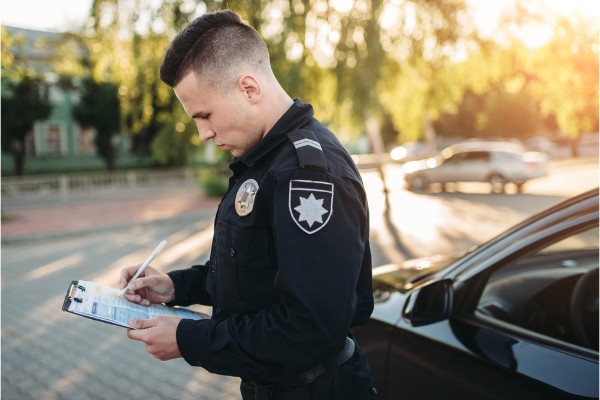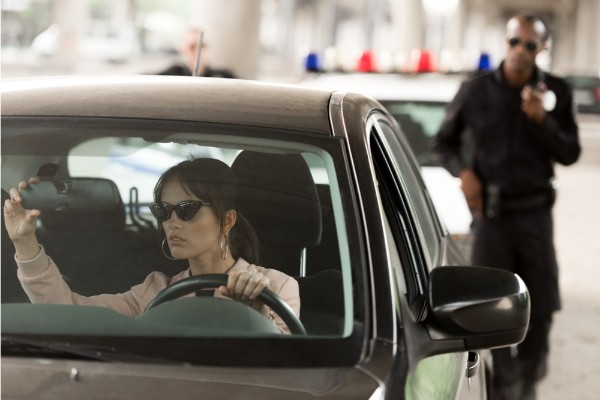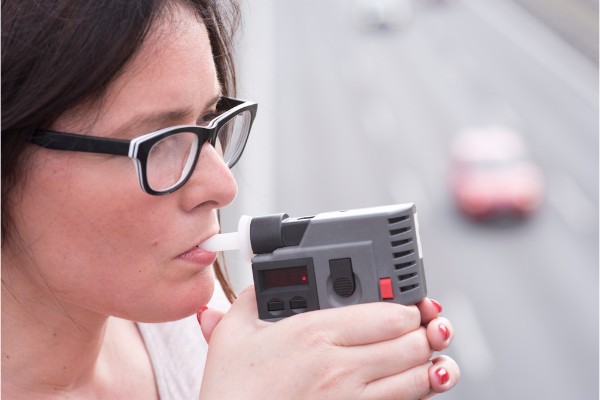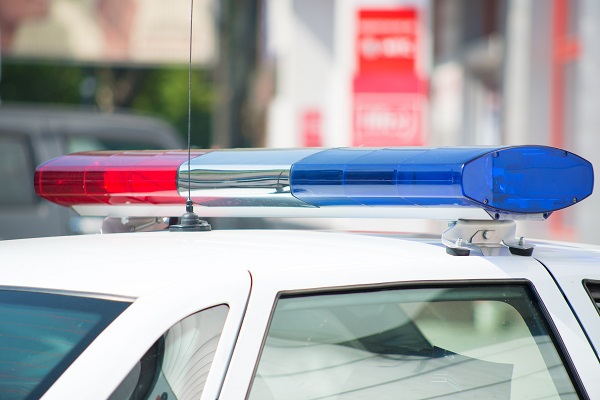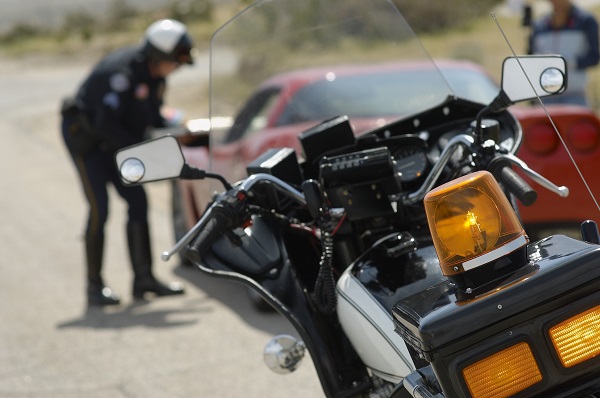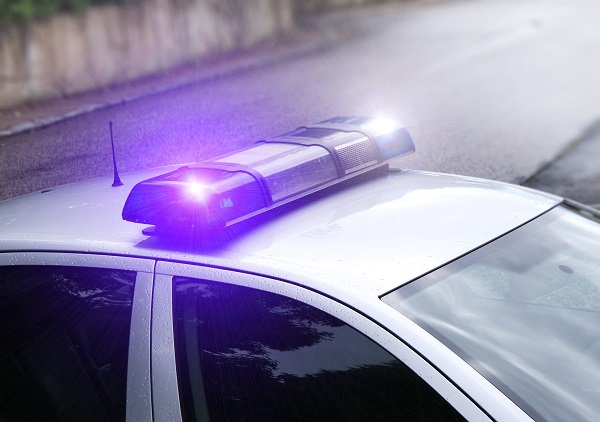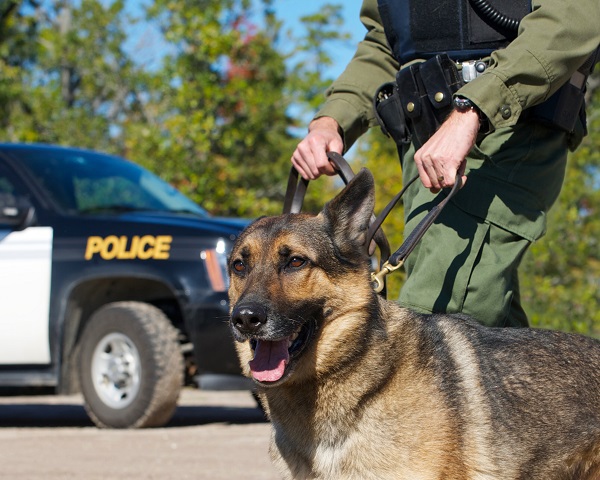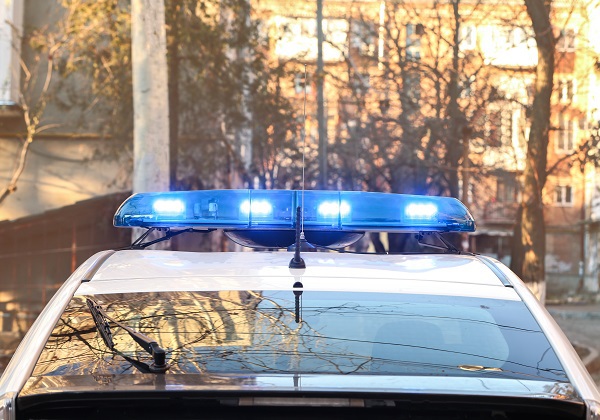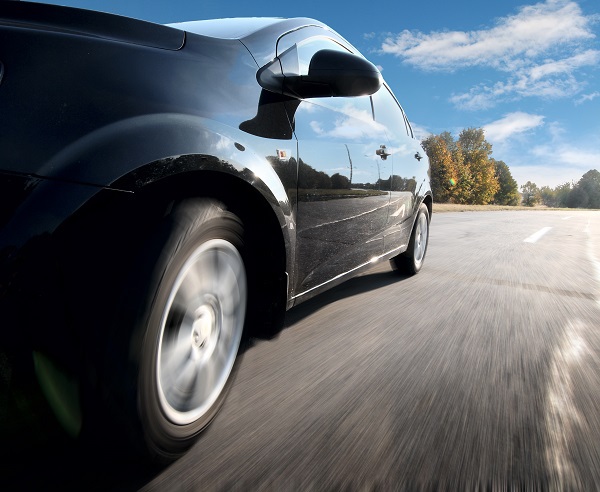What Happens During a Typical Traffic Stop?
During a typical traffic stop, the police try to develop probable cause to arrest you, search your vehicle, or issue you a citation. Here is the usual sequence of events during a traffic stop. Getting Pulled Over First, the police officer or sheriff “pulls over” someone’s vehicle by flashing the police car’s lights, turning on the siren, and/or speaking over the loudspeaker. At this point the driver should pull over to the side of the road, or risk appearing like he is going to flee the scene. The police officer pulls over too, usually parking behind the driver’s vehicle. Then the officer...
Continue reading

